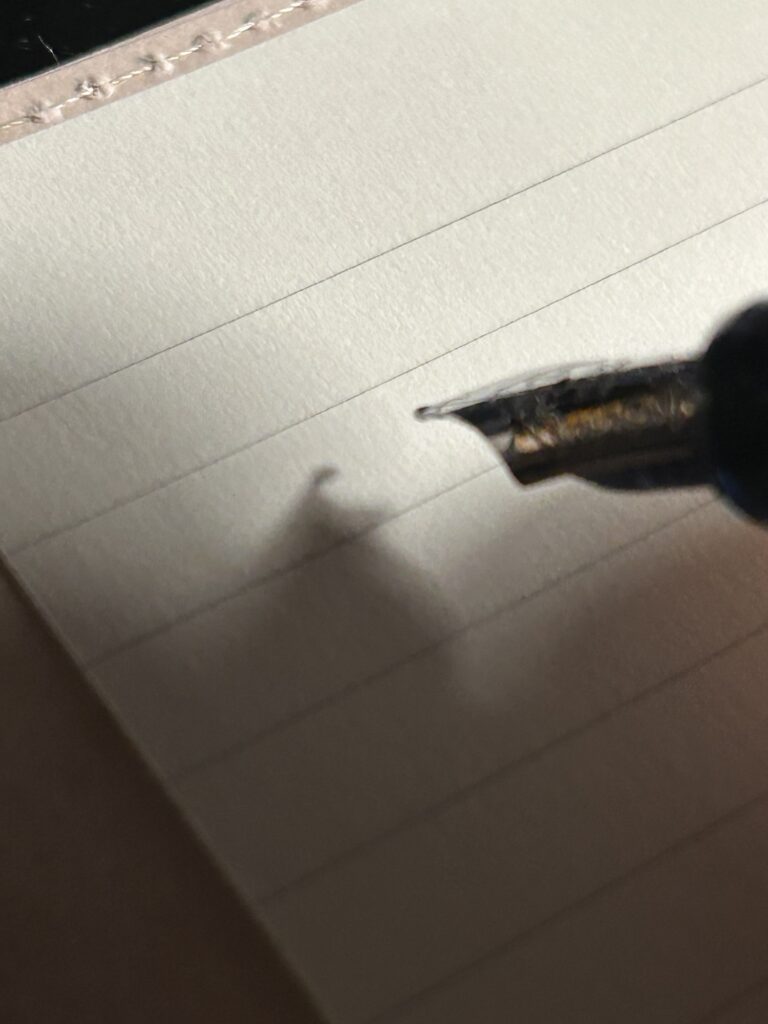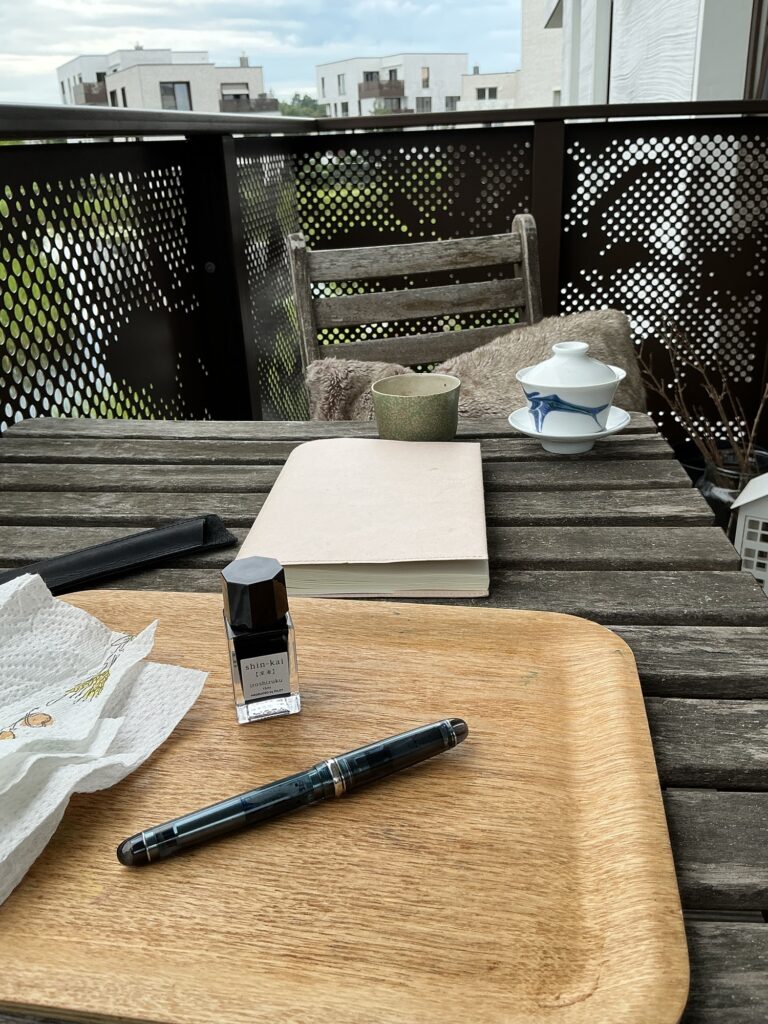I’ve been getting into running in the past few weeks. I was starting to run a number of times since last fall, and either it was too cold, or I pushed myself too much, and got exhausted after a minute or two. About a week or so ago, I started running with my phone, and Nike Running Club app, and that’s when I was able to pick up my pace.
The following are my notes after completing the “first run” with NRC. This will not be strictly about running, although as you can see I’m pretty exhilarated by my new discoveries.
I did the “first run” with Nike Running Club app and the “built-in” coach Bennett. Wow, what can I say, it was unexpectedly fantastic. The fantastic part of it being that I could run for twenty minutes without getting out of breath. Although it’s technically not my first run, it still feels like level zero. I ran at the recommended too-easy pace, which ultimately increased my average pace from the one time before when I tracked my run. I didn’t, before. I didn’t want it to feel like a competition yet, I just wanted to enjoy the movement. However, the guidance actually led to better results, and hopefully a better technique in running.
My post-run thoughts, filled with excitement and a bit of pride, were around the word “potential.” How I haven’t felt like I had potential — in anything — in a while. I never thought of myself as someone who would be good at sports. Now, influenced by my morning run, I feel powerful. Able. With potential.
“Not my thing” is being replaced by “I’m actually enjoying it”. And the potential that I’m feeling right now is less about a specific kind of physical achievement, like being able to run a marathon, and much more about potential for enjoying the physical activity. Today’s run was pleasant. It was joyful. It was relaxed. It was — easy, and comfortable.
I missed having potential.
This last sentence stuck with me.
“Potential” is such a young word. The more time you have ahead of you, the less you developed and established yourself in one thing, the more potential you have. As you grow older and gain the eponymous life experience, the more you can feel potential fading away. It develops into skills, or talent, or both, in a few spheres — and drops, naturally, in the rest. You trade your potential for something more tangible, and you cut off some hypothetical roads to build a few real ones.
Whether you feel like you have fully or sufficiently realized your potential in something or not, the sense of having this storage of possibilities is diminishing. Being young, we naturally tap into new territories, because so much is new and so little has already been claimed as ours.
One of, and maybe the biggest appeal of traveling is uncovering fresh potential, venturing out of the constraints of our daily lives and into something else, that could have been ours, if we were born differently or if we wanted to make our home elsewhere. That’s why it’s difficult to endure lockdowns during the pandemic: because our daily activities are limited more than ever before. And even if you’re comfortable with your daily life, there’s less sense of potentiality.
We measure our capacity by seeing new horizons, often by pushing ourself out of the comfort zone, or by being curious about something that hasn’t got our attention before. When we start something new, or see a way to develop a skill or knowledge further, we get excited, it starts getting fun. And eventually, we can think about ourselves in new terms.
I have never thought of myself as “athletic”. Even less so a runner. But when I’m running, that’s what I am — a runner. Whether it’s my first or my fourth run (that I completed a few hours ago). Something that I thought of previously as “not my thing” is becoming a source of joy, energy and some kind of pride for me. This is one of the unexpected places for me where I feel I’m at the starting line (almost too literal to be a metaphor), and have a way ahead of me to look forward to.
Having only recently written about the need to build defences against social narratives, I am aware that I might be sounding now as if I’m preaching for running. In reality: I don’t think everyone should do it; I don’t think I’m even nearly “there yet”, to be talking from a point of view of someone who knows stuff or has achieved anything in running. The only thing that I can claim as an understanding (and hence, an achievement) is the power of potential, and the curiosity about either a completely new activity or interest, or a new cycle of something that you have already claimed as “yours”. It’s important. It’s what makes you feel young and, synonymously, alive.


